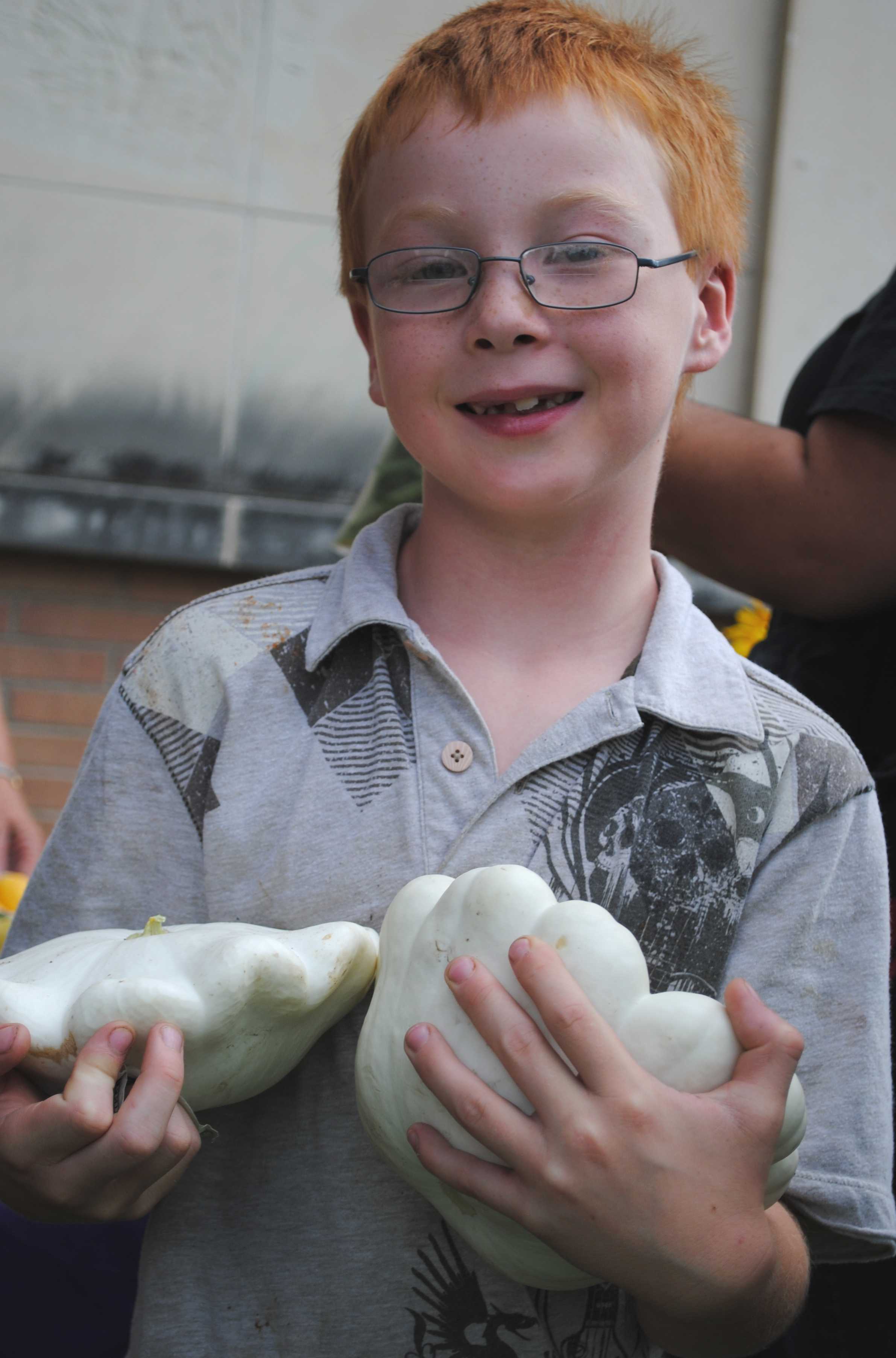For over a decade, Denver Urban Gardens, Slow Food Denver, and Learning Landscapes have been collaborating on the grounds of Denver Public Schools to establish school/community gardens and associated education programs. The collaboration has manifested itself at dozens of DPS elementary schools, and has sought to serve the unique set of needs and circumstances within each school community, with the primary focus on student education and enrichment.
Given that Denver Urban Gardens, Slow Food Denver, and Learning Landscapes offer a variety of related services, each organization strives to work closely with the others to deliver coordinated and complimentary programming to schools where two or more coalition organizations have been asked to be involved. The organizations in the Denver School Garden Coalition believe, and agree to abide by and promote the following set of guiding principles when designing and delivering garden services and programs to DPS schools.
Guiding Principles for School Garden Programs:
- School gardens are spaces for experiential, hands-on education, incorporating the full cycle of learning associated with healthy food – from growing to nutrition to cooking.
- School garden programs are designed to involve teachers and support their multi-disciplinary curriculum primarily in the subjects of science and social studies, while also promoting self-growth and a respect for diversity.
- Student education, rather than food production, is the primary purpose of a school garden program.
- Community involvement from the school administration, parents and neighborhood volunteers is essential to the function and sustainability of a school garden program and its inclusion into the day-today culture of the school.
- School gardens are “outdoor classrooms” which utilize the grounds of the school to expand learning and stewardship opportunities for students without having to leave the school site.
- School gardens are engaging spaces for children to develop both a respect and a nurturing relationship with nature and their community.
- School gardens should model environmental stewardship and sustainability, while emphasizing the importance of seasonality to these concepts.
- Students should be provided with simple and culturally relevant take home messages and practical skills to put what they’ve learned into practice at home.
- School gardens and programs should serve as training spaces and models for others interested in developing a similar program at their neighborhood school.
- School garden programs are inclusive by design, promoting a respect for all backgrounds and pointsof-view, and providing each student involved with an opportunity to participate.
Click here to view the Denver School Garden Coalition Operating Manual. For more information, please contact us.




